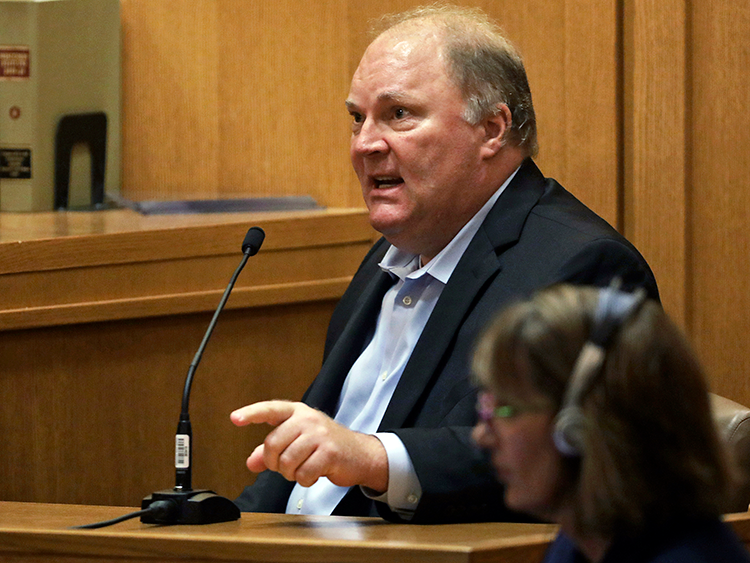As workers' social media comments clash with employer expectations, the NLRB takes center stage

Image from Shutterstock.
Once upon a time, workers throughout the U.S. talked to their family and friends in person, on landline telephoned or even through letters sent via U.S. mail. The Internet didn’t exist, and instantaneous mass communications to a wide circle of contacts were a technical impossibility for the average worker.
But although electronic devices and social media are now ubiquitous, workplace policies and practices are still catching up with this brave new world. That has created a new role for a government-appointed federal agency once thought of largely as an arbiter of disputes between unionized labor and management.
When workers’ social media comments clash with employer expectations, the National Labor Relations Board is requiring companies to change policies that it deems to contravene mandated rights of labor, whether unionized or nonunion, the Chicago Tribune (reg. req.) reports. Much of that emphasis focuses on outdated employer handbooks.
Earlier this year, the NLRB’s general counsel, Richard Griffin, reminded employers in a lengthy memo that “well-intentioned” rules could conflict with federal labor laws protecting worker rights to discuss pay, hours and conditions of employment, among other topics. These rights also extend to protests of company employment policies and communications with government agencies and the news media, Griffin wrote.
Those who violate the law can be penalized in administrative complaints. In June, in one such case, an NLRB judge found that a suburban Chicago employer had illegally fired banquet server Audelia Santiago for making comments on her Facebook page. The Tinley Park Hotel and Convention Center, which had considered the comments a violation of its handbook policy against disloyalty, hasn’t yet decided whether to appeal, the newspaper reports, and neither side is now commenting.
The case is but one of many in what has become a hot area of law practice, experts tell the Tribune.
“Workers’ rights are the same at the water cooler as they are on the Web,” says spokeswoman Jessica Kahanek of the NLRB.



